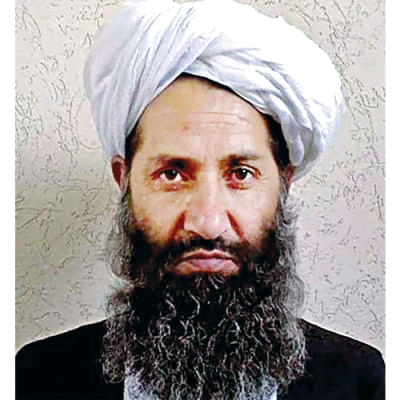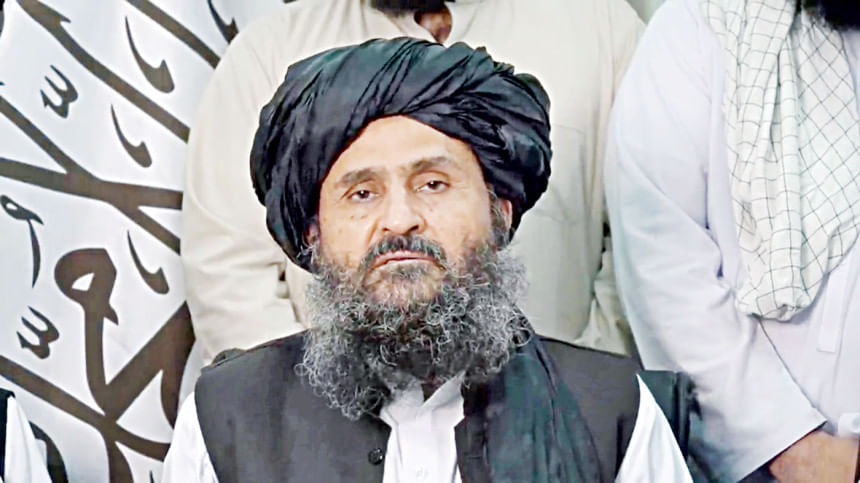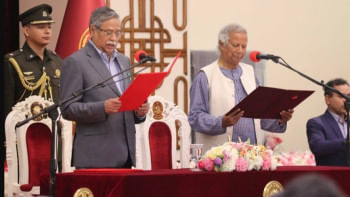Who’s who in Taliban leadership

Haibatullah Akhundzada
Haibatullah Akhundzada was appointed leader of the Taliban in a swift power transition after a US drone strike killed his predecessor, Mullah Mansour Akhtar, in 2016. He is widely believed to have been selected to serve more as a spiritual figurehead than a military commander. Akhundzada worked as head of the Sharia Courts in the 1990s. Akhundzada is believed to be in his 60s and has lived most of his life in Afghanistan. As the group's supreme commander, Akhundzada is in charge of political, military and religious affairs.
Mullah Yaqoob
The son of the Taliban's founder Mullah Omar. Mullah Yaqoob heads the group's powerful military commission, which oversees a vast network of field commanders charged with executing the insurgency's strategic operations in the war. His lineage and ties to his father -- who enjoyed a cult-like status as the Taliban's leader -- serves as a potent symbol and makes him a unifying figure over a sprawling movement.
Sirajuddin Haqqani
The son of the famed commander from the anti-Soviet jihad, Jalaluddin Haqqani. Sirajuddin doubles as both the deputy leader of the Taliban movement while also heading the powerful Haqqani network. The Haqqani Network is a US-designated terror group that has long been viewed as one of the most dangerous factions fighting Afghan and US-led Nato forces in Afghanistan. The group is infamous for its use of suicide bombers and is believed to have orchestrated some of the most high-profile attacks in Kabul over the years. The Haqqanis are believed to hold considerable sway over the Taliban's leadership council.
Abdul Hakeem
In September 2020, the Taliban appointed Abdul Hakeem as the new head of the Taliban negotiating team in Doha. He reportedly ran a madrassa in Quetta, Pakistan. Many senior Taliban leaders reportedly took refuge in Quetta, from where they led the group. But Islamabad has denied the existence of the "Quetta Shura". Hakeem also heads the Taliban's powerful council of religious scholars and is believed to be one of the people closest to the supreme commander, Akhundzada.

Mullah Baradar
Abdul Ghani Baradar was raised in Kandahar -- the birthplace of the Taliban movement. He was believed to have fought side-by-side with the one-eyed cleric Mullah Omar. The two would go on to found the Taliban movement in the early 1990s amid the chaos and corruption of the civil war that erupted after the Soviet withdrawal. Arrested in Pakistan in 2010, Baradar was kept in custody until pressure from the United States saw him freed in 2018 and relocated to Qatar. This is where he was appointed head of the Taliban's political office and oversaw the signing of the withdrawal agreement with the Americans. Today, Abdul Ghani Baradar is the main political leader of the Taliban.

 For all latest news, follow The Daily Star's Google News channel.
For all latest news, follow The Daily Star's Google News channel. 



Comments